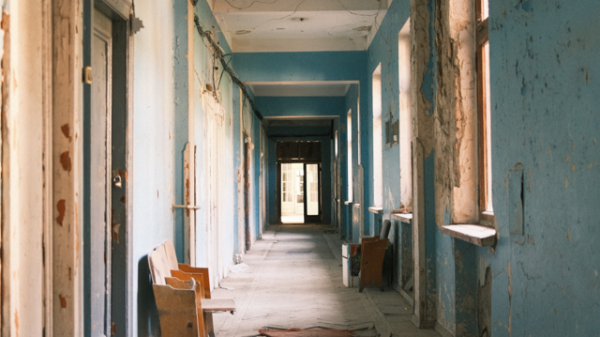Comment Editor Ben Evans explains the reasons behind the government’s decision to tighten A-level grade boundaries and congratulates all Freshers on making it to King’s.
A-Levels are the toughest exams that you will face in your academic life. That is the comfort given by many parents across the country as their children face potentially multiple exams per day across an intensive four week period.
That statement was made ever more true after the government announced that it would seek to return grade distribution back to pre-pandemic levels, after three years of inflated numbers of top results. This meant removing the relaxed measures that were introduced during the ‘pandemic years’ and moving to an assessment system characterised by harsher marking. Ultimately, this meant that approximately 95,000 fewer As and A*s were given this year compared to last, a drop of around 30%.
During the pandemic, secondary school students’ education was disrupted by the intermittent lockdowns and further measures to stop the spread of Covid-19. Thus it was deemed fair to allow some concessions when it came to their exams, especially after the failure of using an algorithm to determine results in 2020. The more successful methods ranged from using teacher assessed grades to disclosing certain topics assessed in the papers.
This year the stabilisers were taken off the bike. As part of the plan to tackle grade inflation, grade boundaries across the board were raised dramatically. For example, to receive a grade A in Psychology in 2022 you would have had to receive a score of 177/288; this year it jumped to 194/288. Chemistry also saw a 14 mark leap. Students entering university this year had to meet more stringent requirements than those in the few years prior.
This approach to exams was symptomatic of the government’s wider strategy with higher education, which many argue will have a direct impact on the UK’s equality of opportunity and the prospects of thousands. The government’s rationale for the tightening of policy is to combat grade inflation. Boundaries are raised to decrease the number of top grades and therefore increase their value to the students who receive them and to the employers and educators who assess candidates based on them. The results that came out on 17 August 2023 were akin to those from 2019.
Defenders of the strategy have stated that the university drop-out rate has increased since the pandemic due to students getting on to courses that they weren’t prepared for. However, a wider look at the general landscape provides other possible explanations. Lockdowns, strikes and lower student satisfaction could also be contributing to more students leaving their degrees behind.
In place of university, the government has taken to promoting apprenticeships. Gillian Keegan, the Education Secretary, spoke to the Evening Standard about the value of her own apprenticeships at a subsidiary of General Motors in the 1980s and PM Rishi Sunak has been focussing on matching the skills learnt in education with those demanded in the economy. This has been seen with the expansion of T-Levels in recent years and the increased regulation on degrees deemed ‘low quality’ by government.
Labour have accused the government of placing further barriers on opportunity and Lee Elliot Major, Professor of Social Mobility at Exeter, stated that he feared that the harsher marking of exams would hurt lower income children who don’t have access to additional tutors and exam preparation resources.
The tides of British education are turning and all Freshers have done well to ride those waves. When contacted for comment by Roar News, Shitij Kapur, President and Principle of King’s, extended his “warmest congratulations” and stated his excitement “to welcome you into our community”. With a record increase in students missing out on top grades, Roar would also like to extend a huge well done to all those who got into King’s this year.










